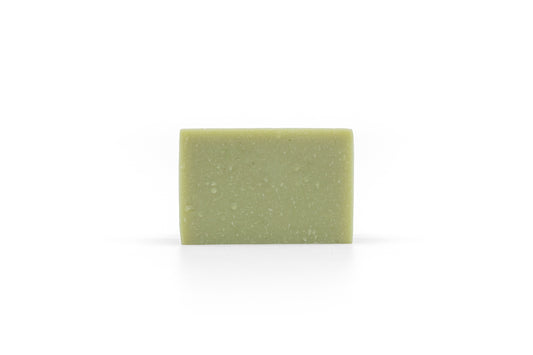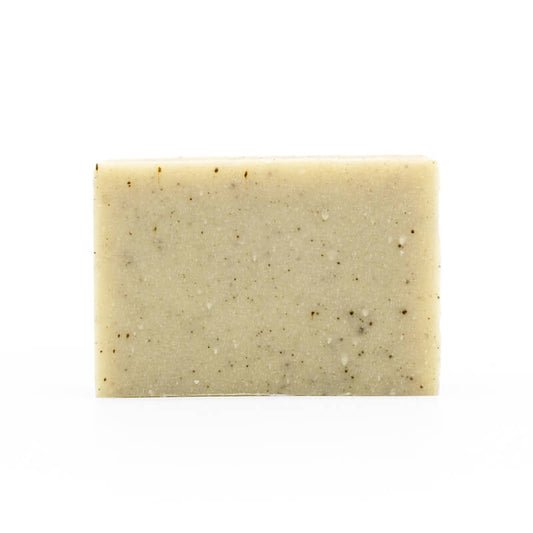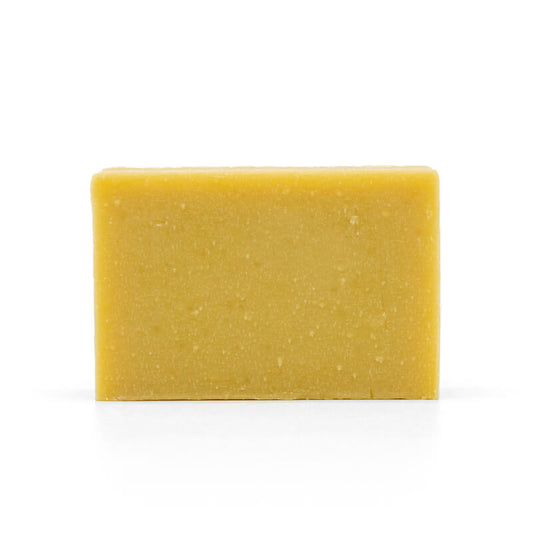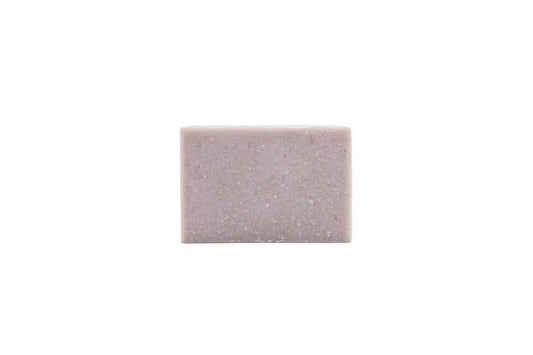Organic Virgin Coconut Oil

Coconut oil is a plant fat used across the world in food, skin care products, and cosmetics due to its wholesome mixture of saturated fatty acids; Beaverton’s cold process soaps are no exception, featuring coconut oil as an important ingredient in our organic plant fat master blend.

An open coconut, showing its white nutrient-rich flesh ; Image: Story MD
Made from the flesh of coconuts, coconut oil is primarily extracted by removing the moisture from the coconut to concentrate its oils. This may involve heating the flesh over a fire, drying it in the sun, or grinding it into coconut milk and boiling it. Once the flesh is thoroughly dried, the oil is removed via a number of methods, with pressing and steam distillation being among the most common. The soaps of Beaverton’s use something called “virgin” coconut oil, meaning that the oil has been extracted only from the freshest coconuts and spared from any additional processing.

Coconuts sprouting from a coconut palm ; Image: Our World/Roy Luck
Soaps made from coconut oil take advantage of its complex fatty acid profile and trace nutrient content. Like some other saturated plant fats, coconut oil has a high concentration of lauric acid, myristic acid, and palmitic acid, all of which produce soaps with strong cleansing properties. Coconut oil is also a good source of oleic acid and linoleic acid, which make soaps that glide across the skin, helping you sweep away dirt and grime with ease.

An illistration of the coconut palm and its fruits ; Image: Wikipedia/
A small amount of unconverted fat is left behind in finished bars of Beaverton's cold process soap so that the fatty acids of coconut oil can also support the skin’s health. Coconut oil is the only ingredient in Beaverton’s master plant fat blend that contains caprylic acid, and capric acid. Caprylic acid has notable antibacterial and anti-inflammatory properties, helping to soothe and protect the skin, while capric acid suppresses the growth of bacteria and unwanted cell division, encouraging the skin to remain strong.

A coconut palm plantation ; Image: Axelum
In addition to its unique fatty acid profile, coconut oil contains small amounts of something called “phytosterols”, which can be thought of as the plant equivalent to human cholesterol. In particular coconut oil contains β(beta)-sitosterol ∆(delta)5-avenasterol. While they may share certain similarities with human cholesterol, these molecules are not associated with cholesterol issues, but rather the opposite: they help stabilize cholesterol levels. When it comes to soap products, these phytosterols act as antioxidants and emollients, protecting the skin from free radicals while also helping the skin hold moisture and remain healthy after a thorough scrubbing; since Beaverton’s uses extra virgin coconut oil, a greater amount of phytosterols make their way onto your skin than one would expect from using refined coconut oils.

A bottle of liquified coconut oil ; Image: Wikipedia/Phu Thinh Co
The well rounded composition of coconut oil makes for well rounded soaps, and helps to ensure that the skin is properly maintained. Beaverton’s cold process soaps are not only clean but also nourish the skin, and coconut oil has become a large part of making that a reality.







